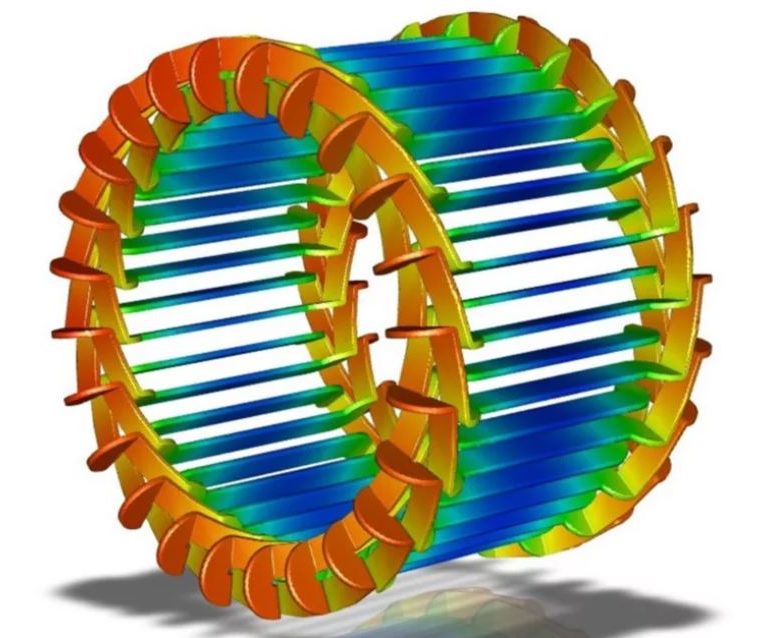Electromagnetic (EMAG) Design Simulation Training in Ansys Maxwell
Course Overview:
Ansys Maxwell is the industry leading electromagnetic field simulation software that allows for the design and analysis of electric motors, actuators, sensors, transformers, electromechanical devices, and electromagnetic devices. In this paid course, learn how to use Ansys Maxwell starting from the foundational level.
Who should take this course:
- Beginners who need a comprehensive overview of Ansys Maxwell.
- Intermediate users who do not have a strong foundation and would like to thoroughly learn basic concepts or refine methods taught during the course.
With completion of this course, you will:
- Become proficient in:
- Setting up Practical Analysis Problems
- Electromagnetic (EMAG) Design Simulation
- Solve and post-process results from low frequency electromagnetic simulations such as DC conduction, frequency domain, time domain, electrostatic and optimization studies
- Receive an official certificate of completion with professional development hours that can qualify for the continuing education requirements upon renewal of a PE license in most states.

Contact for EMAG 101 Training
Course Agenda | EMAG 101
Module 1: Maxwell Basics
- Demonstration: Introduction to Maxwell software including the workflow
- Lecture 1: Meshing
Module2: Magnetostatic Analysis
- Lecture 2: Magnetostatic solver
- Workshop 2.1: Magnetostatic 2D Analysis
- Workshop 2.2: Magnetostatic 3D Analysis
Module 3: Eddy Current Analysis
- Lecture 3: Eddy Current Solver
- Workshop 3.1: 3D Eddy Current Analysis
- Workshop 3.2: 2D Eddy Current Analysis
Module 4: Magnetic Transient Analysis
- Lecture 4: Transient Solver
- Workshop 4.1: 2D Magnetic Transient Analysis
- Workshop 4.2: 3D Magnetic Transient Analysis
Module 5: Electric Analysis
- Lecture 5: Electric Solvers including Electrostatic, DC, AC and Transient analyses
- Workshops 5.1, 5.2: 3D Electrostatic Analysis
- Workshops 5.3, 5.4: 2D Electrostatic Analysis
Modules 6 & 7: Optimetrics and Post Processing
- Lecture 6: Parametric and Optimization Analyses
- Lecture 7: Post Processing Analysis
- Workshop 6.1: Parametric Analysis
- Workshop 7.1: Post Processing Analysis

